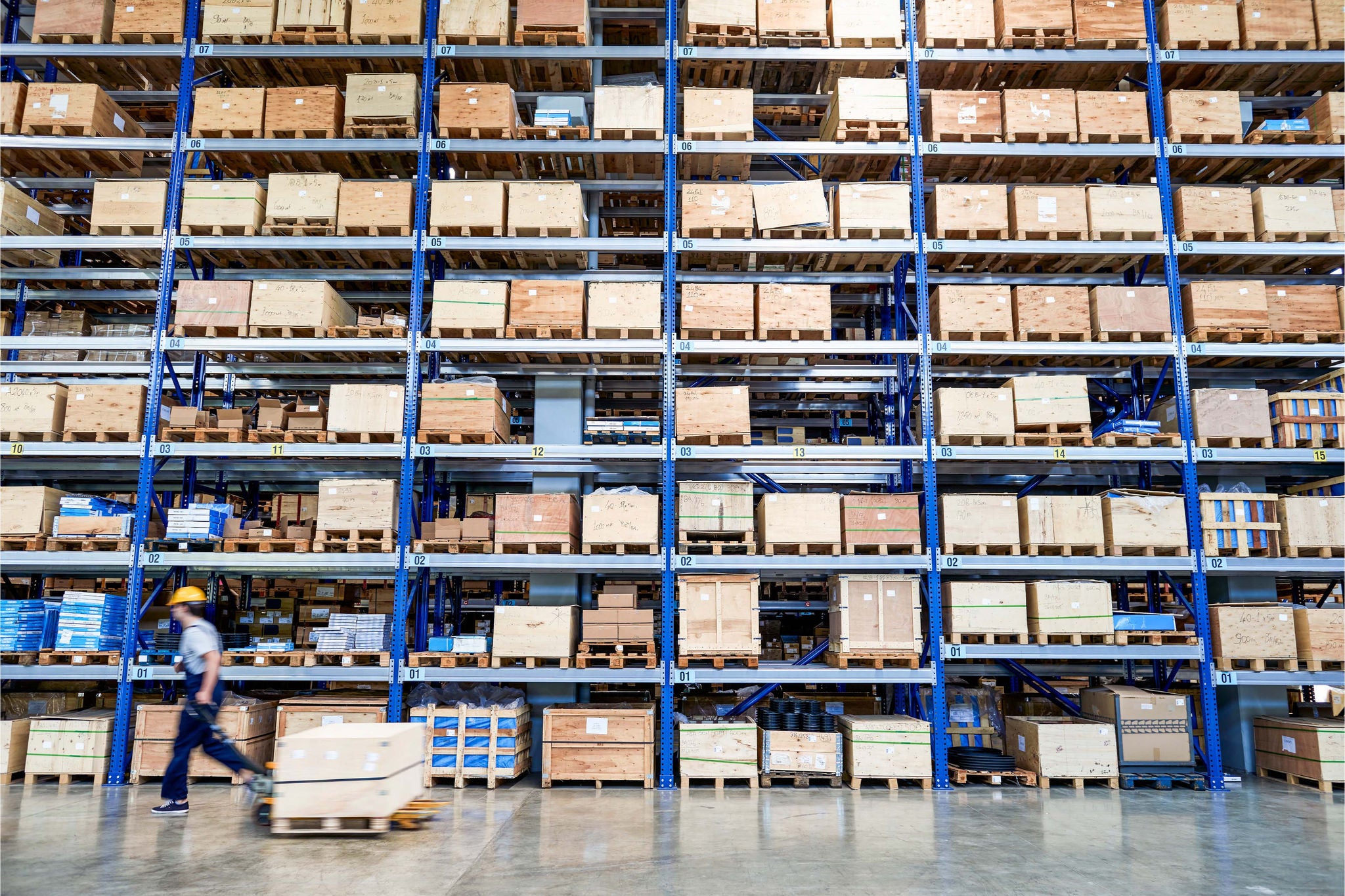EY refers to the global organization, and may refer to one or more, of the member firms of Ernst & Young Limited, each of which is a separate legal entity. Ernst & Young Limited is a Swiss company with registered seats in Switzerland providing services to clients in Switzerland.

With no referendum launched, the Swiss Federal Parliament adopted the bill to unilaterally abolish import duties on almost all industrial goods and simplify the Swiss customs tariff to reduce costs for consumers and companies alike. The legislative change abolishing the customs duties will enter into force on 1 January 2024.
In brief
- On 1 January 2024, Switzerland will unilaterally abolish import duties on almost all industrial goods and simplify the Swiss customs tariff to reduce costs for consumers and companies alike.
- Besides reducing costs due to elimination of tariffs, companies are expected to also save costs through less burdensome import clearance (e.g. due to simplified tariff classification).
- For companies that use FTA frameworks some red tape will remain as preferential origin compliance still has to be ensured.
- Apart from customs duties, all other import relevant taxes (e.g. motor vehicle tax, import VAT, VOC) will not be abolished and remain.
In late 2017, the Swiss Federal Council announced its plan to abolish import duties for industrial products (HS chapters 25 – 97), among other policies to tackle the high prices in Switzerland. Based on government calculations, the expected duty deficit of CHF 500 million p.a. could be compensated through higher tax returns from companies, as the zero tariffs reduce not only costs for pre-materials but also bureaucracy for customs clearance procedures. Furthermore, consumers would benefit from reduced tariffs, with overall savings of approximately CHF 350 million p.a.
After extensive debates in parliament the bill was passed on 1 October 2021 with no party subsequently calling for a referendum within the given time period. The elimination of industrial tariffs will enter into force on 1 January 2024 to provide private and public stakeholders with enough time to prepare and keep their transitional costs (e.g., technical, organizational changes) as low as possible. Besides the tariff elimination, the Swiss tariff code will also be downsized from its currently 6172 tariff lines to 4592 tariff lines to simplify the classification of products.
Simplified import procedures and tariff classifications
Except for a few industrially produced agricultural products (such as albumin, dextrin or acid oils from refining as covered in HS chapters 35 and 38), the tariffs will be zero, meaning that all other industrial goods can be imported without paying any customs duties. Once in effect, the compliance and import procedures for such products will therefore be less complicated and time-consuming, as special procedures (e.g., temporary importation, inward processing relief) may be redundant and Swiss tariff lines will be reduced.
Less red tape in any case?
In general, it can be said that the import clearance for companies will be less burdensome as tariff classification will be simplified and companies will no longer need proofs of origin to benefit from duty reductions in Switzerland. However, companies that manufacture with pre-materials, re-sell or process products sourced from other countries still have to be compliant with preferential origin-related rules of FTAs in case their customers request certain proofs of origin.
Furthermore, tariff codes are still the core item in connection with customs clearance, especially in regard to possible permit requirements, origin calculations and export restrictions. It is therefore essential that the internal master data is updated in due time to prevent any unforeseen events and risks.
Thus, preferential proofs of origin are still needed and have to be declared for imported goods to ensure origin compliance accordingly. Furthermore, import VAT, import licenses, excise taxes (e.g., vehicle tax, VOC) and the corresponding compliance will remain applicable even if there are no customs tariffs and depend. Whether the transformation program DaziT of the customs administration stipulates further simplifications regarding the declaration of industrial duty exempt goods has yet to be announced.
Conclusion
The elimination of almost all customs duties for industrial goods and the adaption of the Swiss tariff codes are rather comprehensive and require corresponding preparations to be able to benefit from the advantages. In this regard, Swiss based companies should prepare to be able to make use of new opportunities. In order to be ready, companies should:
- Quantify the impact in terms of potential duty savings and compliance
- Include tariff master data (e.g., tariff codes, origin calculation) in upcoming update schedules
- Analyze possible effects on origin compliance procedures
- Explore new sourcing options and partner countries without existing FTAs to optimize supply chain (e.g., for pre-materials)
- Assess possible domestic processing for (intermediate) manufacturing due to duty reduction
- Evaluate current customs procedures for optimization
Summary
Even though the decline of customs duties reduces bureaucracy and costs, companies should also be aware of possible new developments. As the EU is currently planning to implement so-called “green taxes” (e.g., taxes levied on plastics or carbon emissions in 2023, Switzerland may follow suit and could tax imports based on sustainability and environmental aspects in the near future.


